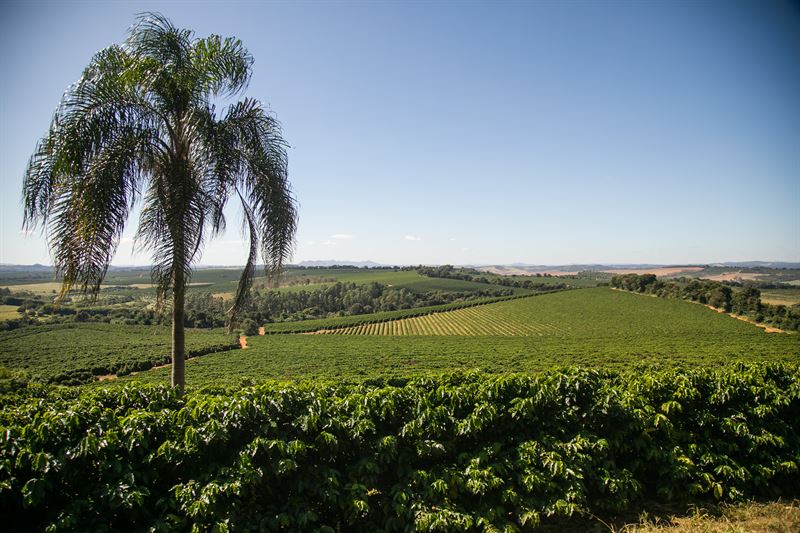“Our ambition is to be a sustainable frontrunner in the food and beverage industry, and our target is to reduce greenhouse gas emissions from our own operations by 80% and from our value chain by 50% by 2030. With this unique fund we will strengthen the impact and agility of our climate actions, enhance our innovation capabilities, and accelerate our progress towards our ambitious climate targets. The fund enables us to further drive actions that have the biggest value chain climate impact on the company level,” says Lea Rankinen, Director, Sustainability & Public Affairs at Paulig.
Paulig has used a climate fee for emission ton to evaluate the needed budget for annual CO2 emission reductions. This budget forms the basis for the annual fund. For 2023, the fund is valued at EUR 2.7 million.
“We have used an internal carbon price of EUR 50 for CO2 ton and then evaluated the needed budget for our targeted climate impact reductions. This evaluated cost needed for targeted emission reductions is then included in our financial plan and annual budget. Applying the internal carbon price mechanism as part of our financial planning helps us understand how carbon emissions could affect our profit and loss statement and our investment choices,” explains Juha Väre, Paulig’s CFO.
Focus on wheat and coffee value chains
The fund is allocated to projects selected annually on the basis of Paulig’s strategic initiatives. The selection principles emphasise each project’s reduced climate impact potential, innovativeness, cost efficiency and scalability potential. The fund is mainly allocated to projects related to wheat and coffee value chains and logistics. The rest of the projects are linked to emission reductions in Paulig’s own operations, such as the carbon neutrality of factories, as well as other collaborations. New project proposals and initiatives are reviewed annually.
“Our criteria for selecting the projects are based on Paulig’s company strategy, sustainability approach and science-based climate targets. Tortillas and coffee have the biggest climate impact in our value chain. The focus is to help reduce emissions in raw materials farming and advance regenerative farming methods. Most of the projects are planned and implemented together with our suppliers and partners. Working together, we aim to discover new innovations and ways to improve our operations and collaboration,” Rankinen states.
The climate impacts of the projects are measured using relevant carbon accounting standards and progress is followed up regularly.
“We monitor the progress of the climate projects regularly against the targets and budget. Our goal is also to turn best practices into routines and adapt them as part of our operations. We will expand the use of new innovations, methods and technology discovered in the projects by scaling them within the value chain,” Rankinen continues.
Paulig already has on-going climate projects that enhance more sustainable farming practices and cultivating methods regarding wheat production and coffee.
Paulig will continue its work towards its ambitious sustainability targets. In addition to Climate action and circularity, the work focuses on Fair & Inclusive way of working and Health and well-being of people and the planet.

















